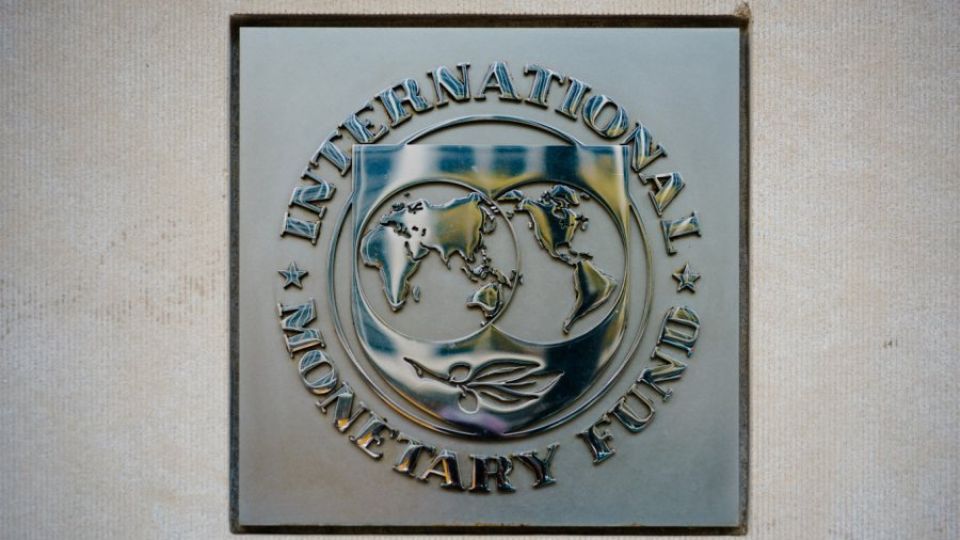June 30, 2023
JAKARTA – The International Monetary Fund has recommended that the Indonesian government phase out its policy of mineral export bans.
A statement published on Monday alongside the IMF’s latest Indonesia country report notes that policies should be based on “further analysis of costs and benefits and calls for considering phasing out export restrictions and not extending the restrictions to other commodities”.
“The increasing use of trade measures and industrial policies may destabilize the multilateral trade system”, the international financial institution added.
The IMF directed its criticism not squarely at Indonesia but generally at countries throwing spanners into the works of the global economy when it noted that trade uncertainty had escalated to record levels since 2018 and was weighing down investment and growth in affected countries.
As a result, there was a “growing risk of the geoeconomic fragmentation” driven by unilateral trade measures, such as restrictions on the export of critical raw materials or technology.
The IMF, which promotes economic liberalization, also took issue with subsidies, noting that they may help to address market failures but warned of “a disorderly subsidy race” and “discriminatory trade provisions” that could lead to costly countermeasures and harm efficiency by driving a wedge between supply and demand.
Specifically, the statement notes that, “while some countries may derive strategic advantages in selected sectors, significant economic costs are very likely incurred on aggregate”.
Coordinating Economic Minister Airlangga Hartarto responded on Tuesday that efforts by any country or international organization to regulate other countries’ export policies were a form of modern-day colonialism, and “not just a recommendation.”
He went on to say that countries or international organizations that opposed the idea of restricting commodity exports did not understand the need to add value.
“We are asked to export commodities, but we are prohibited from increasing added value,” he said.
The government has vowed to derive more value from products such as coal, tin, copper, steel, gold, petroleum and many other commodities through the development of downstream industries.
The government imposed a bauxite export ban on June 10. Similar to restrictions on the shipment of other mineral ores, the bauxite export ban aims to push investment into domestic metal processing so that the country can advance up the commodities value chain rather than simply being a raw material exporter.
The value-added product from bauxite is alumina, which is utilized for further processing into aluminum.
The Investment Coordinating Board (BKPM), as reported by KataData, sees an investment potential of $427.1 billion in the downstream coal industry and $67.6 billion in the downstream oil and gas business. Furthermore, the processing of products from plantations, fisheries and forests could attract $50.6 billion in investment.
Supporters of the government’s downstream development policy argue that the export ban on nickel ore has driven investment in nickel processing. Foreign direct investment (FDI) into Indonesia increased by more than 40 percent in 2022.
Yusuf Rendy Manilet, an economics researcher at the Center of Reform on Economics (CORE) Indonesia, said the IMF’s statement was somewhat self-contradictory by supporting policies for downstream value addition while opposing the ban on raw commodity exports.
Speaking to The Jakarta Post on Tuesday, he added that the IMF’s stance may be down to its attempt to prevent global price hikes, given that Indonesia produces a number of important commodities.
Last November, the World Trade Organization (WTO) ruled against Indonesia over the nickel ore export ban in a case brought before it by the European Union.
Ahmad Zuhdi Dwi Kusuma, mining industry analyst at state-owned lender Bank Mandiri, told the Post on Tuesday that the way Indonesia interfered in trade left it susceptible to WTO action.
“If we compare it with China, which banned coal imports from Australia, that did not [land before] the WTO, because China’s ban was unofficial. China didn’t ban it based on a law or any written regulation but only appealed to domestic firms not to import from Australia,” Ahmad said.
He suggested that, instead of simply banning unprocessed nickel exports, the government aggressively push downstream industrial development.
In the end, China had little choice but to invest in Indonesia’s processing capacity, while it had previously only made such investment domestically, he explained, adding that China also brought Chinese workers into Indonesia for that purpose, causing some friction.
“The IMF appears to be hoping that Indonesia will be more objective in this regard, because not all mining materials in Indonesia are suitable for downstream usage,” Ahmad said, noting that Indonesia’s global market position in bauxite was weaker than in nickel, which may complicate the export ban for the aluminum raw material.


